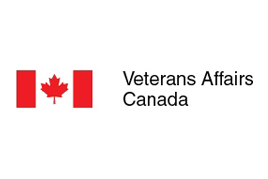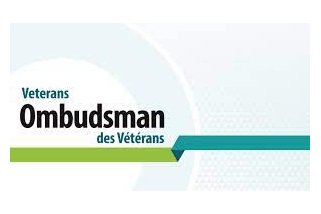Effective Environmental Assessments
Strong writing, smoother approvals
Write clear assessments that stand up to public and regulatory scrutiny. This workshop helps:
developers and project proponents write well-structured, effective assessments that align with regulatory expectations
review boards and regulatory staff assess documents efficiently, organize high volumes of information, and give clear feedback
Some of our clients
Alberta Energy Regulator
Canada Energy Regulator
Environment and Climate Change Canada
Department of Ocean and Fisheries Canada
Ministries of Energy and Minerals, Environment and Climate Change, Lands, Infrastructure, Parks and Protected Areas
International Association for Impact Assessment
Mackenzie Valley Environmental Impact Review Board
Mackenzie Valley Land and Water Board
Nunavut Impact Review Board
Verra
Workshop details
We customize our workshops to your organization, team, documents, templates, and style guides
-
In-person—1 day (8 hours)
Live webinar—2, 3.5-hour sessions on Zoom (split over a few days or a week).
-
All writers benefit from this session because we teach an entirely new approach to writing environmental assessments.
The course is applicable to:
recent graduates
experienced writers who want to be able to draft faster and create stronger analysis
reviewers and leaders who guide or review writers’ work
-
We meet with you to discuss your group's challenges and goals
You send us a series of representative documents
We analyze your documents
We customize our course material using excerpts from your documents
Make technical content clear and readable for all stakeholders
What you’ll learn
Write strong, evidence-based EAs
Create strong EAs more quickly and confidently
Build clear, strong, evidence-based content
Write to the appropriate level of technicality
Clearly communicate findings, analysis, risks, and conclusions
Include the right amount of supporting information
Structure information for multiple audiences and communicate expert content to non-specialist readers
Improve readability and accessibility
Write in a clear, concise style
Learn to draft and review efficiently when multiple writers are involved
Avoid common problems with environmental assessments
Cut drafting and review time in half
Start the conversation

I love this training. In an ideal world, I would have our team take this training on an annual basis. It flips everything I thought I knew about writing on its head.
— Government of Northwest Territories
This is the most valuable training that I've ever taken. I plan on thinking much more strategically about my documents before I start writing them.
— Mackenzie Valley Environmental Impact Review
The program was well laid out and I appreciated that the manual was tailored to have examples from our organization, and from other similar workplaces. I found the sessions to be engaging and interactive. Big thanks to the facilitators!
— Mackenzie Valley Land and Water Board























































